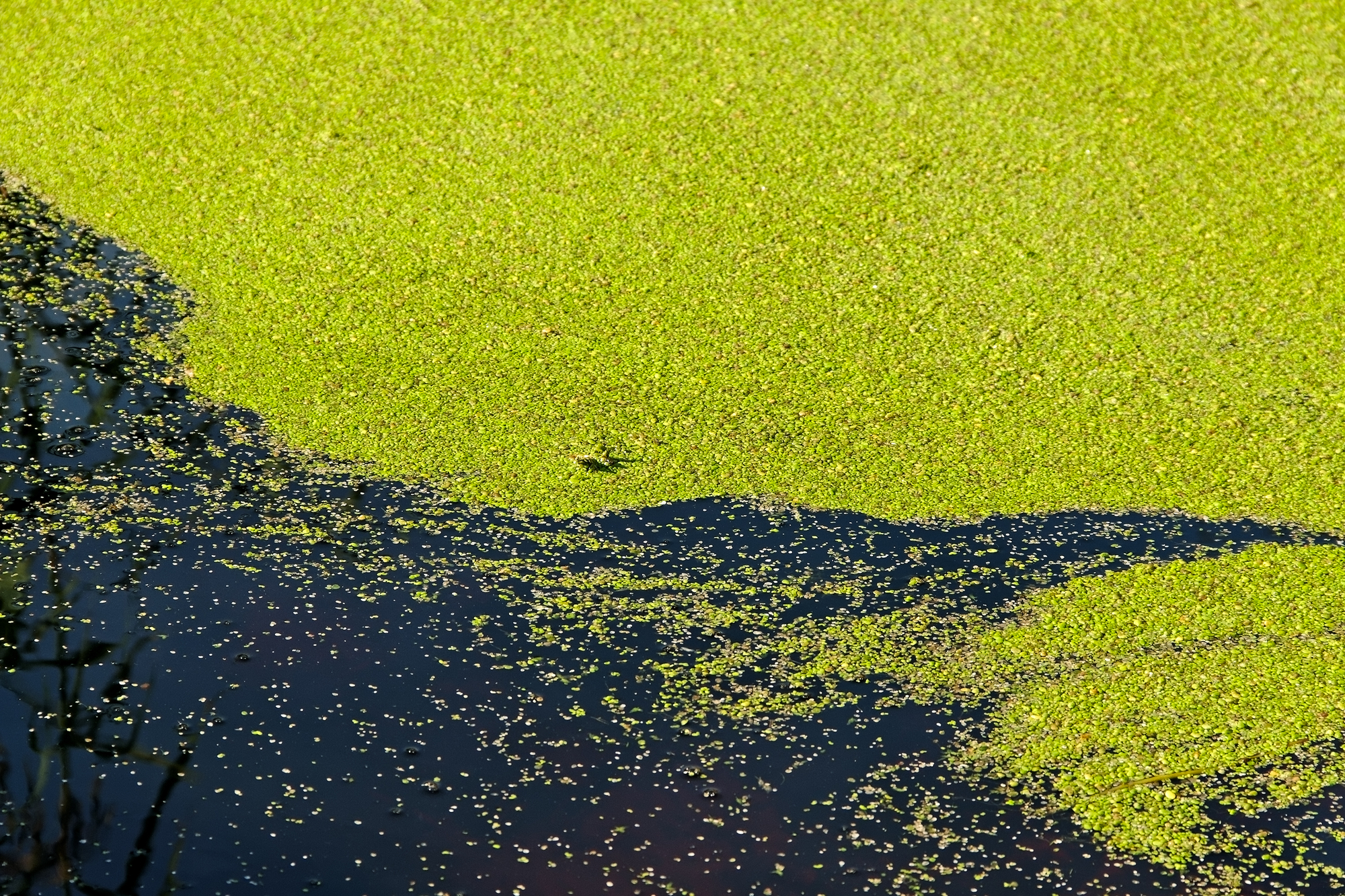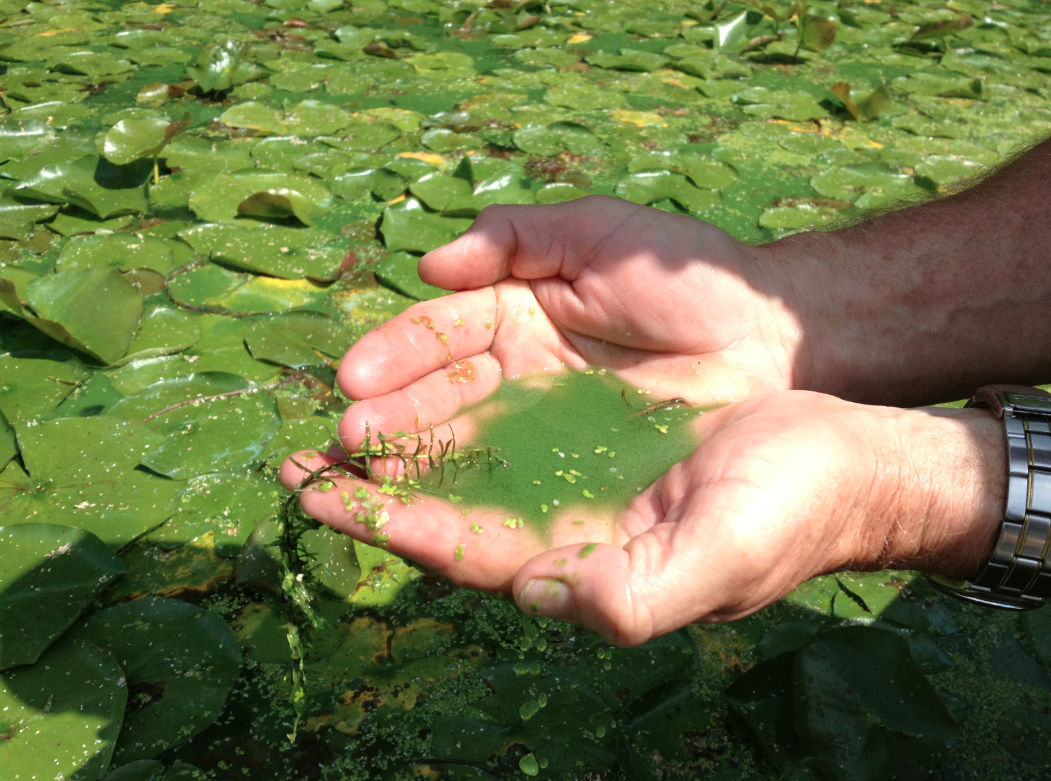Does Algae Grow In Cold Water
Do you ever wonder if algae can grow in cold water?
Pain Points
Those who have backyard ponds or aquariums may experience the growth of unwanted algae. This can make the water murky, slimy, and unappealing. Algae growth can also affect the health of aquatic plants and animals, leading to ecosystem imbalances. Dealing with algae growth can be a time-consuming and frustrating process.
Does Algae Grow in Cold Water?
The short answer: yes, algae can grow in cold water. However, the growth rate is slower in colder temperatures. Some types of algae thrive in cold water, while others prefer warmer temperatures. Factors such as light, nutrient levels, and pH balance also play a role in algae growth and reproduction.
Main Points
Algae are photosynthetic organisms that can grow in various water environments, including cold water. Algae growth can be a nuisance for homeowners with backyard ponds or aquariums. Maintaining proper water conditions, such as temperature, nutrients, and pH balance, can help control algae growth. Algae can also have benefits, such as being a sustainable source for biofuel.
Target: Does Algae Grow in Cold Water?
As a marine biologist, I often encounter questions about algae growth. While working on a research project in Alaska, I observed different types of cold-water algae thriving in the frigid ocean. Some species even formed large floating mats on the surface, supporting various marine life. However, the growth rate of cold-water algae was notably slower than those found in warmer waters. Despite this, algae can still pose problems for aquatic ecosystems, as they compete with native species for resources and nutrients.
Controlling Algae Growth
Preventing algae growth involves maintaining the proper water conditions. Regular water testing can help identify imbalances in pH, nutrient levels, and other factors that promote algae growth. Other ways to control algae include installing filtration systems, regularly cleaning ponds and aquariums, and limiting sunlight exposure.
Algae Benefits
While algae growth can be a nuisance, it's essential to recognize their benefits. Algae are a vital component of aquatic ecosystems, providing food and oxygen for other aquatic organisms. Algae can also be a source of sustainable biofuel, reducing the reliance on nonrenewable resources.
Question and Answer
Q: Can algae grow in freezing temperatures?
A: Some types of algae are adapted to cold environments and can even withstand freezing temperatures.
Q: What is the role of nutrients in algae growth?
A: Algae require nutrients, such as nitrogen and phosphorus, to grow. Excessive nutrient levels can lead to algae blooms.
Q: Does sunlight affect algae growth?
A: Yes, sunlight is essential for photosynthesis, which provides energy for algae growth.
Q: How can I tell if I have an algae problem?
A: Signs of algae growth include green or brown water, slimy or foul-smelling water, and rapid growth of aquatic vegetation.
Conclusion
So, does algae grow in cold water? Yes, it does. However, the growth rate of algae is slower in colder temperatures. Maintaining proper water conditions, such as temperature, nutrient levels, and pH balance, can help control algae growth. Algae can also provide benefits, such as being a sustainable source of biofuel and supporting aquatic ecosystems.
Gallery
How Long Does Bottled Water Last When Stored? | Water Filter Authority

Photo Credit by: bing.com / algae bottled
Growing Algae - YouTube

Photo Credit by: bing.com / algae growing
A Guide To Algae Growth On Ponds - Clearly Aquatics Inc. - East

Photo Credit by: bing.com / algae ponds
StatoilVoice: Is Algae The Next Sustainable Biofuel?

Photo Credit by: bing.com / algae biofuel forbes sustainable next armageddon doomsday needs biodiesel via
Blue-green Algae: If In Doubt, Stay Out

Photo Credit by: bing.com / algae ponds doubt alge saultonline spokesman